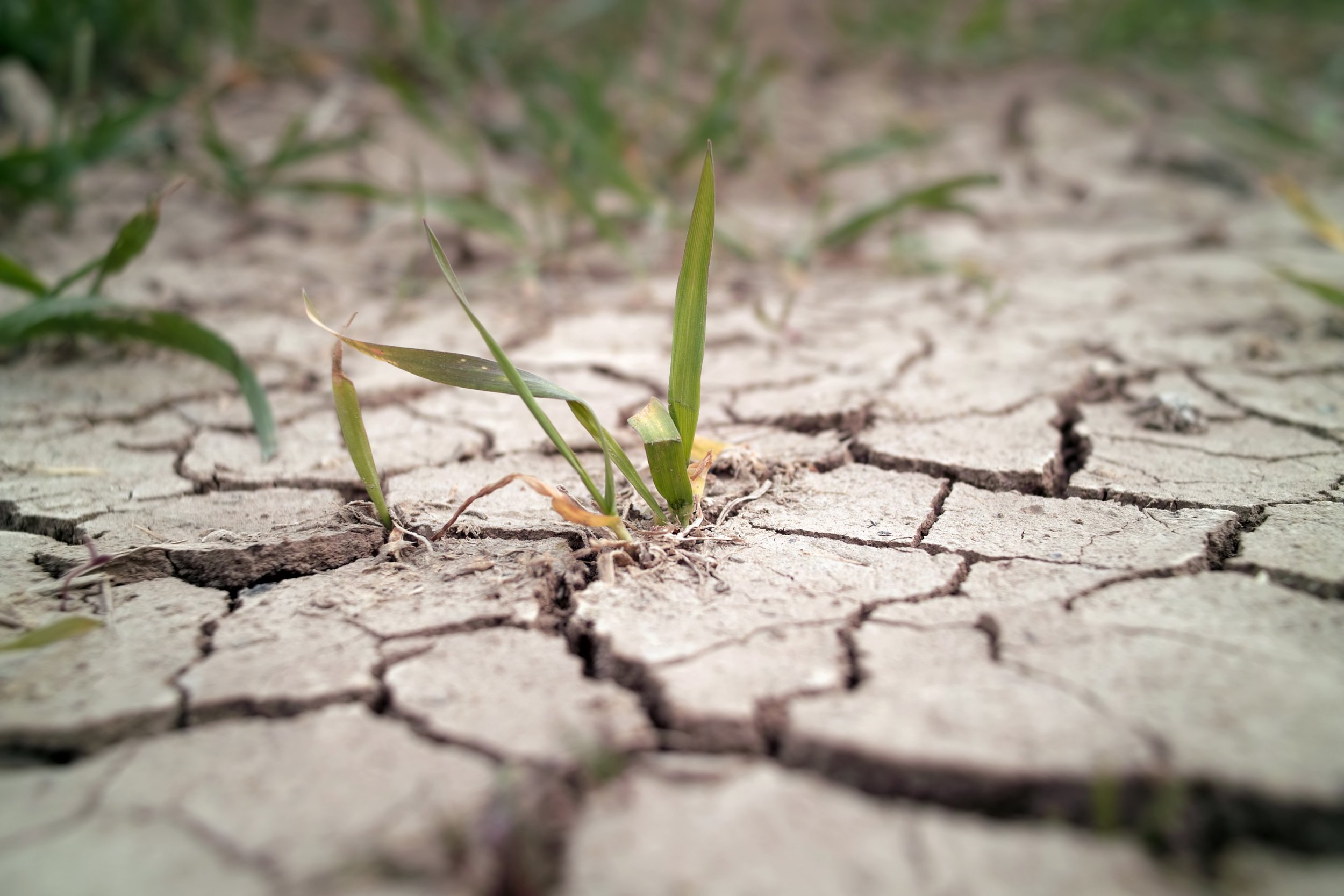
Climate change caused by humans could have caused droughts as far back as 1900, according to a study.
Scientists looked at data on the climate, as well as on tree rings dating back up to 900 years, giving an insight into moisture levels in soil over a long period of time.
In research published in the journal Nature, the team showed that as the amount of greenhouse gasses pumped into the atmosphere rose following the industrial revolution, droughts spiked between 1900 and 1949. They then dropped between 1950 and 1975, when more aerosols were used: chemicals that can affect how much it rains and how clouds form. Since 1981, drought levels rose again, likely due to the rise in greenhouse gas emissions and government crackdowns on the use of aerosols. The team predicts the trend will continue in the coming years.
"The human consequences of this, particularly drying over large parts of North America and Eurasia, are likely to be severe," the authors warned.
They said more research is needed to prove whether greenhouse gas emissions cause droughts, and to explore the interplay between this phenomenon and aerosols.
Lead author Kate Marvel, a climate modeler at Goddard and Columbia University, said: "If we don't see [droughts] coming in stronger in, say, the next 10 years, we might have to wonder whether we are right.
"But all the models are projecting that you should see unprecedented drying soon, in a lot of places."
Benjamin Cook of the NASA Goddard Institute for Space Studies and Columbia University's Lamont-Doherty Earth Observatory, who co-authored the study, said: "The big thing we learned is that climate change started affecting global patterns of drought in the early 20th century. We expect this pattern to keep emerging as climate change continues."
Study co-author Paul Durack, a research scientist at the Lawrence Livermore National Laboratory, commented: "The study is the first to highlight that, in addition to direct changes to global and regional temperature and rainfall, global-scale droughts have now also been found to be impacted by human activities."
This is "bad news" for climate regions such as California, and Australia which "have experienced devastating recent droughts, and if the model projected changes continue, such droughts will become more commonplace into the future." Last month, for instance, officials declared California drought-free after seven years, according to the U.S. Drought Monitor.
Professor John Quiggin, Australian Laureate Fellow in Economics at the University of Queensland, commented the research adds to evidence suggesting climate change driven by increased greenhouse gases, including carbon dioxide, likely increases the frequency of droughts.
"The interaction between drought and policy-driven mismanagement has already produced disastrous outcomes. Without a radical change in both climate policy and water management, things will only get worse," he said.
Ivan Hanigan, Research Fellow at the Rural Clinical School at Australia's University of Sydney, argued droughts can affect mental health and even increase suicide rates, as workers such as farmers are put under financial stress caused by crop failures. Meanwhile, reductions in rainfall can depress economic activity in rural cities and towns.
"In some regions the entire economy may be affected," he said. "Rural downturns can accelerate migration; weakening and stressing social support systems and lessening social interaction. There may also be resistance by receiving communities against migrants. In some cases rural depopulation may pass a tipping point, leading to an ongoing loss of critical services, such as hospitals, schools and doctors."
Uncommon Knowledge
Newsweek is committed to challenging conventional wisdom and finding connections in the search for common ground.
Newsweek is committed to challenging conventional wisdom and finding connections in the search for common ground.
About the writer
Kashmira Gander is Deputy Science Editor at Newsweek. Her interests include health, gender, LGBTQIA+ issues, human rights, subcultures, music, and lifestyle. Her ... Read more
To read how Newsweek uses AI as a newsroom tool, Click here.








